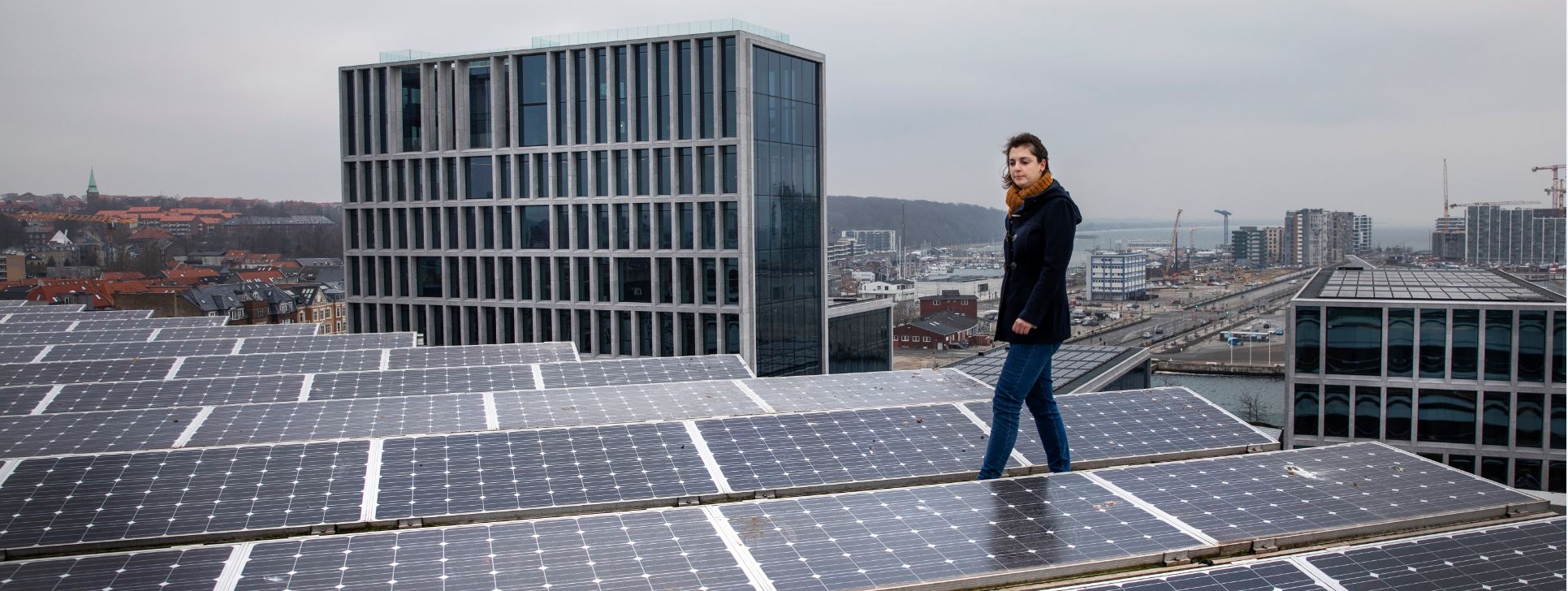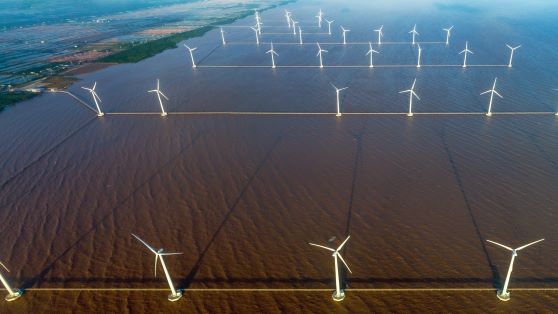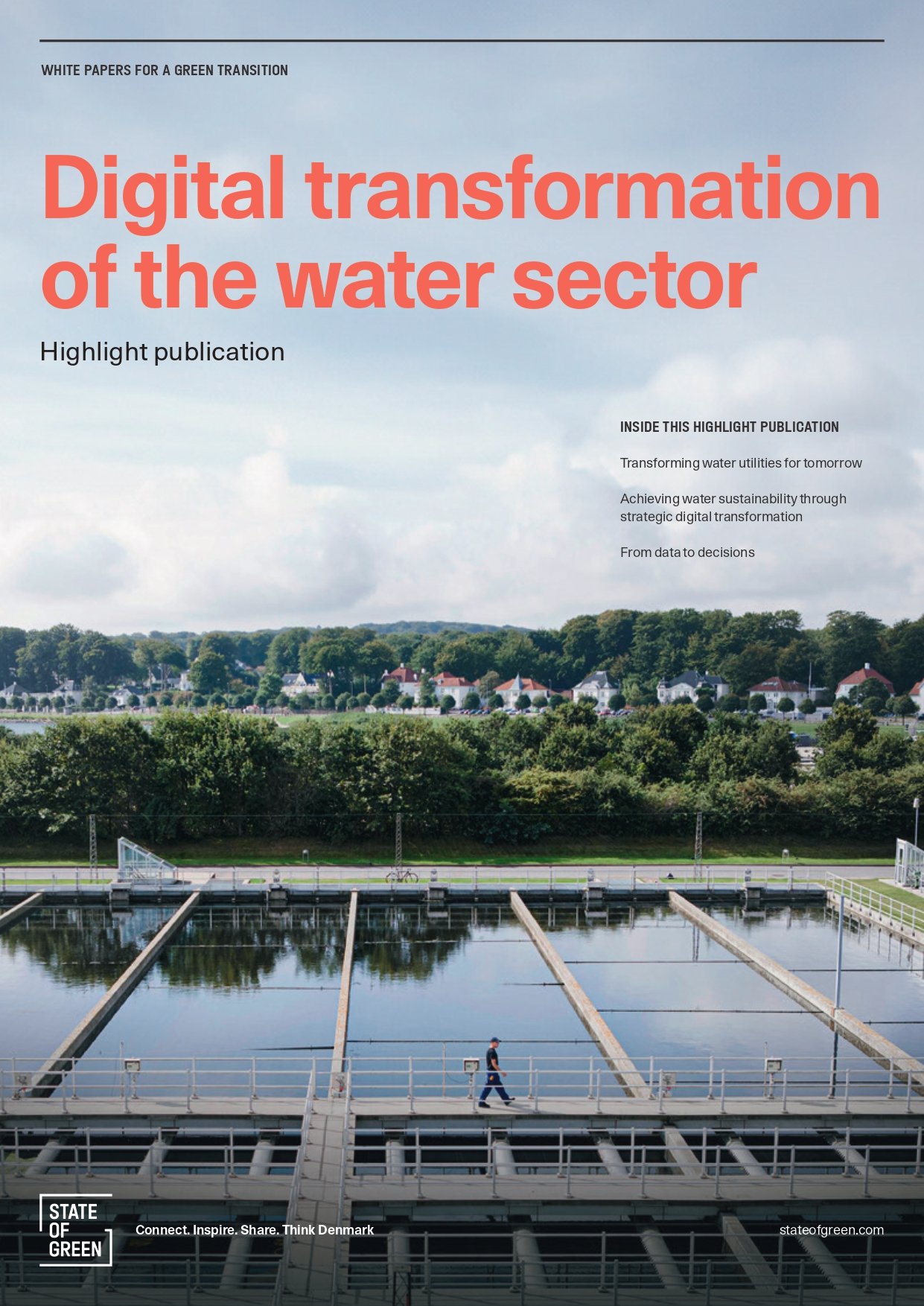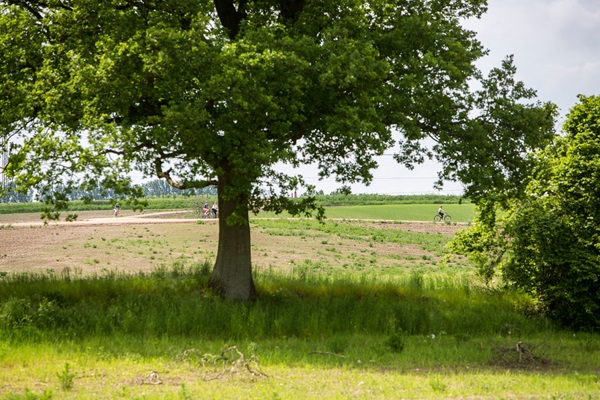News
Heat pumps
Photovoltaics
Water supply
New Danish Solar Technology Drives Greenhouses in Australian Desert


The world’s growing demand for food already puts tremendous pressure on resources. As a result, it makes sense to exploit the areas of the earth that are already barren. Both to save unnecessary deforestation, and at the same time, harness the obvious supply of energy that the sun can provide.
As a pioneer within arid climate agricultural business, Sundrop Farms attemps to exactly do so; growing high-value crops in the South Australian desert using seawater and sunlight as the only resources.
14,700 tonnes CO2 reduction
The construction of the first greenhouse-farm in the desert has begun in the town of Port Augusta in South Australia. Soon the 20 hectares desert area will be hosting the sun-driven greenhouse plant, which annually will produce 15,000 tonnes of fresh vegetables for the Australian consumers.
In December last year, Danish Aalborg CSP received the order of the CSP solution for the plant in Port Augusta, with a value of more than DDK 200 million. The solar power plant will be more than 140,000 m2 and deliver power both for food production, pumps and salt water purification, which each year will process 250,000 m3 of water for the greenhouses. The solar system will contribute with an annual CO2 saving of more than 14,700 tonnes.
-Related news: Aalborg CSP & Sojitz Corporation meets Indian Demands
CSP: Concentrated Solar Power
Aalborg CSP has 25 years of experience with traditional steam boiler systems, and has since then expanded to specialising in the area of solar towers and solar plants for district heating. CSP stands for 'concentrated solar power'. The technology has the aim to reflect and concentrate solar radiation on a vacuum insulated pipe, in which water is heated. Compared to traditional solar collectors, the advantage of CSPcollectors is that they are independent of the south-facing sun and lower temperatures. CSP collectors utilise the sunlight all day and can, without obstacles, operateat higher temperatures.
-Related news: Aalborg CSP to Develop Integrated CSP Energy System in Australia
Economic growth and job creation
Some of Aalborg CSP's subcontractors for the Australian project are found among other Danish companies. And as the project progresses, increasingly more green jobs are created. Both in the headquarter in Aalborg and on the other side of the world, states Aalborg CSP in their press release.
"We are proud to experience the economic growth that the Sundrop-project has led to in Denmark, both for us and our suppliers. The project is progressing as planned and we look forward to tomorrow's most exciting green initiative being put into operation", says Svante Bundgaard, CEO at Aalborg CSP in a press release.
In the federal state of South Australia Governor Jay Weatherill believes that the greenhouse project with the CSP technology included, can create up to 300 new jobs in total during construction and operation. Also, the Minister Geoff Brock is excited about the technological and sustainable benefits, which the project appears to have.
"This project is about testing the boundaries of sustainable production technology in a dry climate with renewable resources. It is a huge vote of confidence that the company Sundrop Farms has placed their revolutionary project in the region of South Australia to explore cutting-edge technologies for horticultural-industries in dry climates", he expressed to the Australian news media ABC.
-Related news: Grundfos' Solar Powered Pumps Help U.S Farmers Cope With Drought
Source: Ingeniøren















